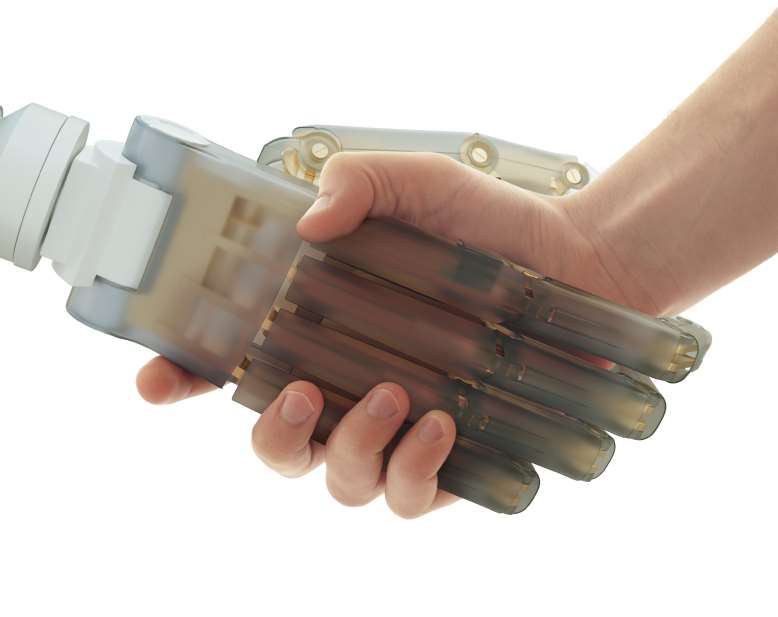Almost half of senior executives are ready to trust advice meted out by intelligent machines but that trust does not extend to managers closer to the frontlines, according to Accenture.
The research by the Accenture Institute for High Performance covers 1770 first-line, middle-level and executive level managers from 14 countries.
Much of the narrative to date on the adoption of intelligent machines – including automated systems and machine learning algorithms – has focused on the proportion of jobs they could negatively impact.
An oft-quoted Committee for Economic Development of Australia (CEDA) report claims 40 percent of today’s jobs – amounting to some five million-plus positions – could disappear in the next 10 to 15 years “due to technological advancements”.
PwC believes 44 percent of jobs could be lost in the next 20 years, while CSIRO believes up to 70 percent could be “at risk” – and the Foundation for Young Australians thinks the next generation of young people will be hardest hit.
Some futurists, however, believe that intelligent machines will enrich our work and home lives, and Accenture’s new study lends some credence to that direction.
Although the new study re-affirms fears for the encroachment of intelligent machines, it seems the introduction of such machines may be somewhat inevitable as executives put more trust into the technology – even if not everyone is as trusting.
“Only 14 percent of first-line managers and 24 percent of middle managers would readily trust the advice of intelligent systems in making business decisions in the future,” the study found.
For these managers, overcoming the trust deficit will be about firstly understanding “how the system works and generates advice”.
Managers also want to know the system has a good track record and “explains its logic”.
“Managers are not entirely sold on the benefit of intelligent machines and it is up to senior executives to address their concerns,” Accenture Strategy’s managing director of research on leadership and the workforce Bob Thomas said.
Soft skills
The other interesting side to Accenture’s research is whether managers are prioritising the skills they’ll need to see intelligent machines integrate successfully into office environments – and that will set them apart from what the machines bring.
Managers surveyed by Accenture identified digital and technology skills (42 percent), creative thinking and experimentation (33 percent), data analysis and interpretation (31 percent) and strategy development (30 percent) as the most important skills to have in the next five years.
“However, managers underestimate the importance of interpersonal skills that set them apart from intelligent machines,” Accenture said.
“[For example], they will need to learn how to interpret the analyses and recommendations those machines provide to ask the right questions and improve decision making.”
In addition, only one in five managers surveyed said social networking (21 percent), people development (21 percent) and collaboration skills (20 percent) were important to them.
“Managers [must] not just improve their technology skills but develop greater interpersonal skills to lead the workforce of the future,” Accenture said.
“They will need to inspire their teams and enable them to succeed. And they will need to develop, coach and collaborate with others to drive experimentation and innovation across the organisation.”









